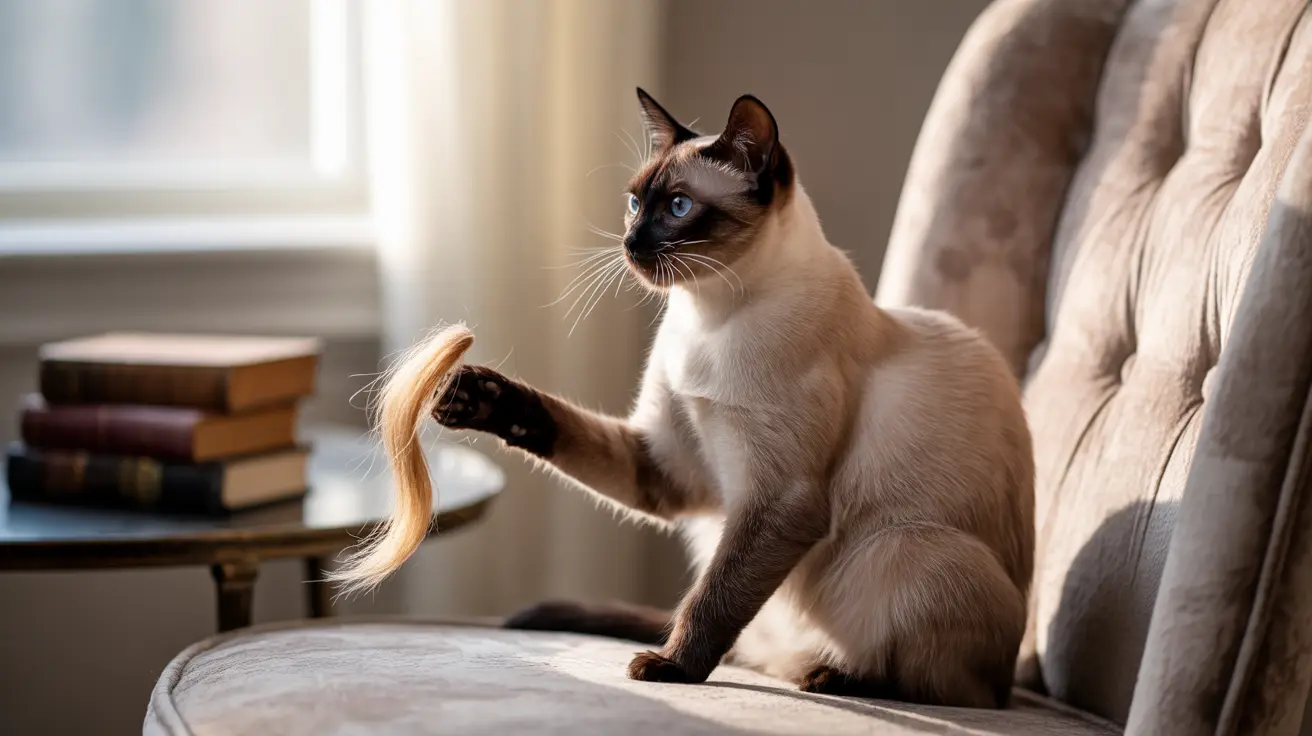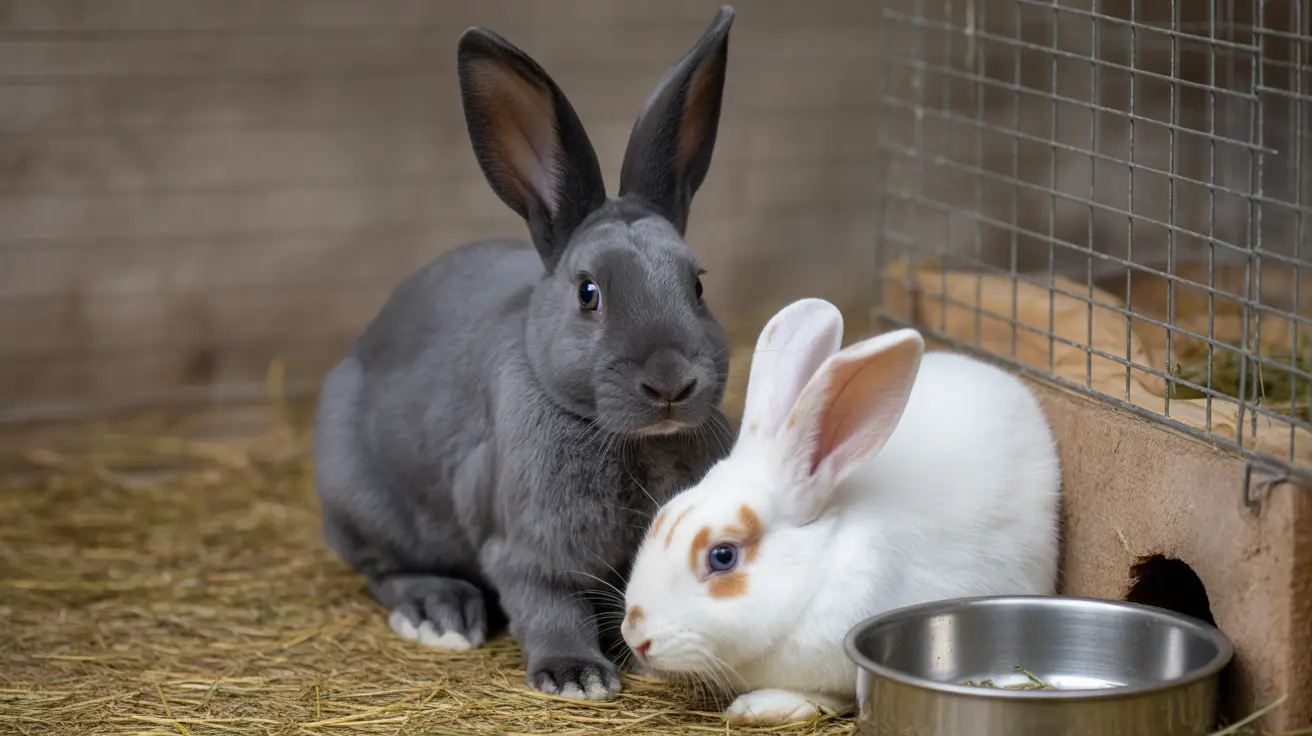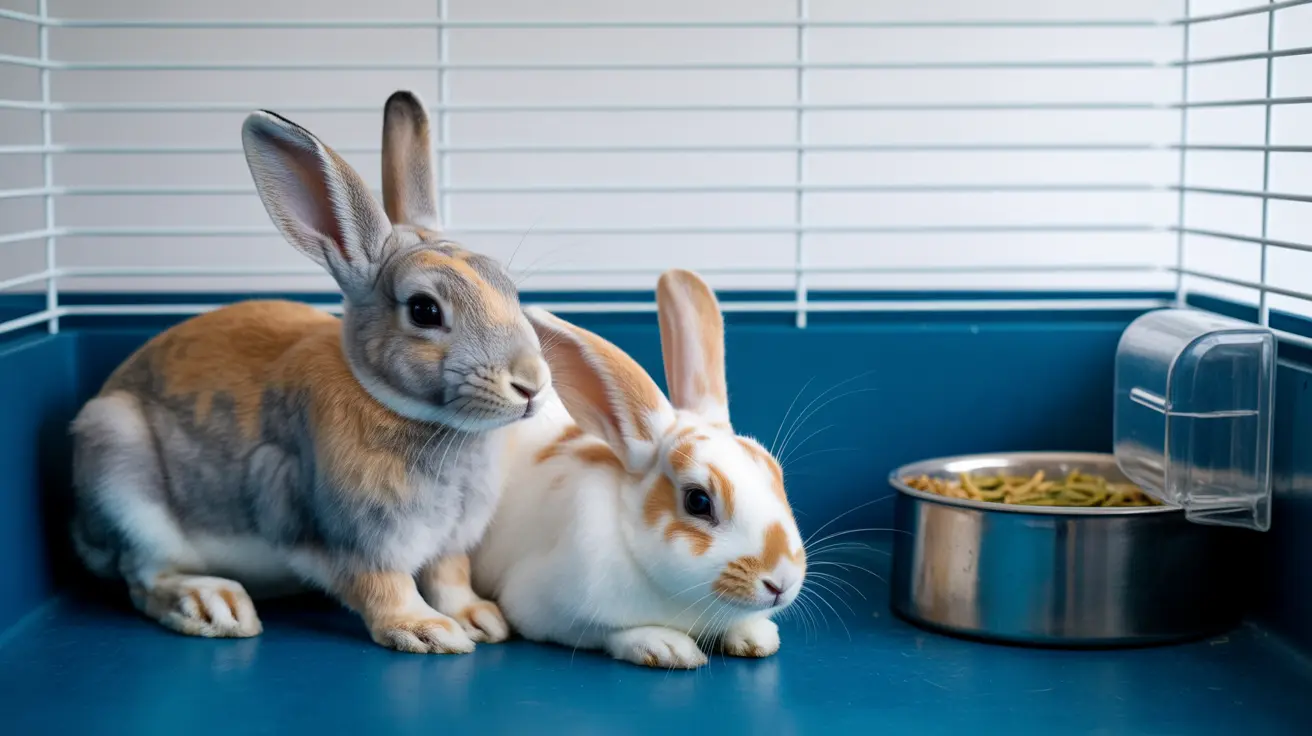Cat owners often find themselves puzzled by their feline companions' peculiar habit of biting or chewing their hair and scalp. While this behavior might seem strange or even alarming, it's actually a common occurrence with various underlying motivations. Understanding why your cat engages in this behavior can help you address it effectively and maintain a healthy, loving relationship with your furry friend.
From affectionate grooming instincts to potential stress signals, hair-biting can communicate a range of feline emotions and needs. In this comprehensive guide, we'll explore the reasons behind this behavior and provide practical strategies for managing and redirecting your cat's hair-chewing tendencies.
Decoding Your Cat's Hair-Biting Behavior
Affection and Social Bonding
Cats are social creatures with complex communication methods. When your cat bites or chews your hair, it might be mimicking the grooming behaviors they use within their social groups. In the wild, cats groom each other as a sign of trust, affection, and group bonding. By nibbling on your hair, your cat could be expressing a deep emotional connection and treating you like a trusted family member.
Playful Interaction and Stimulation
Particularly in younger cats and kittens, hair-chewing can be a playful activity. Long, moving hair can resemble an exciting toy or prey, triggering their natural hunting instincts. This behavior is especially common in energetic cats who need more mental and physical stimulation. Providing alternative play options can help redirect this playful energy away from your scalp.
Attention-Seeking Strategies
Cats are incredibly intelligent and quickly learn which behaviors get a reaction from their humans. If your cat has discovered that biting your hair produces a response – whether it's attention, movement, or verbal communication – they might repeat the behavior as a deliberate attention-seeking tactic. This is often most pronounced around feeding times or when they want interaction.
Potential Health and Stress Indicators
Stress and Anxiety Manifestations
Sometimes, hair-chewing can be a manifestation of underlying stress or anxiety. Cats may develop compulsive behaviors as a coping mechanism when they feel uncertain or overwhelmed. Changes in the household, new pets, altered routines, or environmental stressors can trigger such behaviors. If the hair-biting seems excessive or sudden, it might be worth examining your cat's overall emotional environment.
Nutritional and Medical Considerations
In some cases, hair-chewing could indicate nutritional deficiencies or a condition called pica, where cats consume non-food items. Certain breeds like Siamese, Tonkinese, and Burmese are more prone to such behaviors. If you notice persistent or aggressive hair-chewing, consulting with a veterinarian is crucial to rule out any underlying health issues.
Effective Management Strategies
Redirecting and Discouraging the Behavior
When your cat starts chewing your hair, gentle redirection is key. Keep interactive toys nearby to quickly swap out your hair with an appropriate play object. Avoid aggressive punishment, which can increase stress and potentially worsen the behavior. Instead, create consistent, positive reinforcement patterns that reward alternative behaviors.
Enriching Your Cat's Environment
Providing mental and physical stimulation can significantly reduce unwanted behaviors. Invest in puzzle feeders, climbing trees, interactive toys, and scheduled play sessions. A stimulated cat is less likely to develop compulsive behaviors like hair-chewing.
Frequently Asked Questions
Why does my cat bite my scalp or hair?
Cats might bite hair due to affection, playfulness, attention-seeking, stress, or potential health issues. Each cat's motivation can be unique.
How can I stop my cat from chewing on my hair?
Redirect with toys, avoid giving attention for the behavior, provide environmental enrichment, and ensure your cat's physical and emotional needs are met.
Can cat hair-chewing be a sign of stress or anxiety?
Yes, excessive hair-chewing can indicate underlying stress. Evaluate your cat's environment and consult a veterinarian if the behavior seems compulsive.
Are there health risks if my cat ingests hair?
Consistent hair ingestion can lead to hairballs, potential digestive blockages, and might indicate nutritional or health problems.
What are some effective ways to redirect my cat's hair-chewing behavior?
Use interactive toys, create engaging play sessions, maintain a consistent routine, and provide mental stimulation through environmental enrichment.






